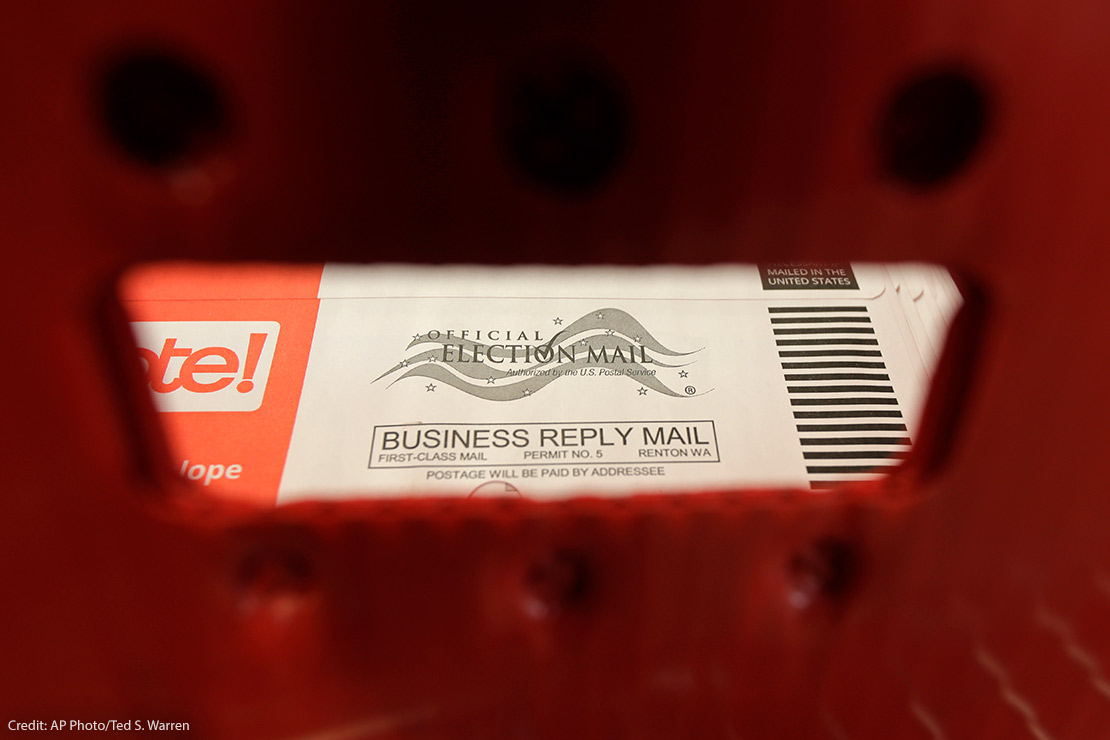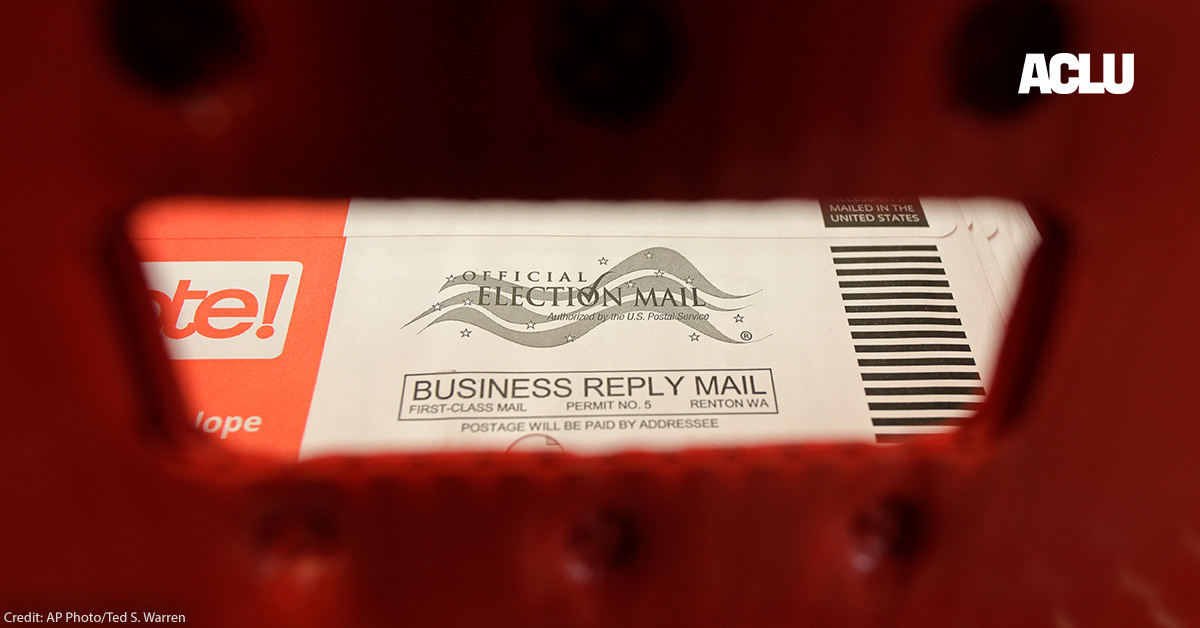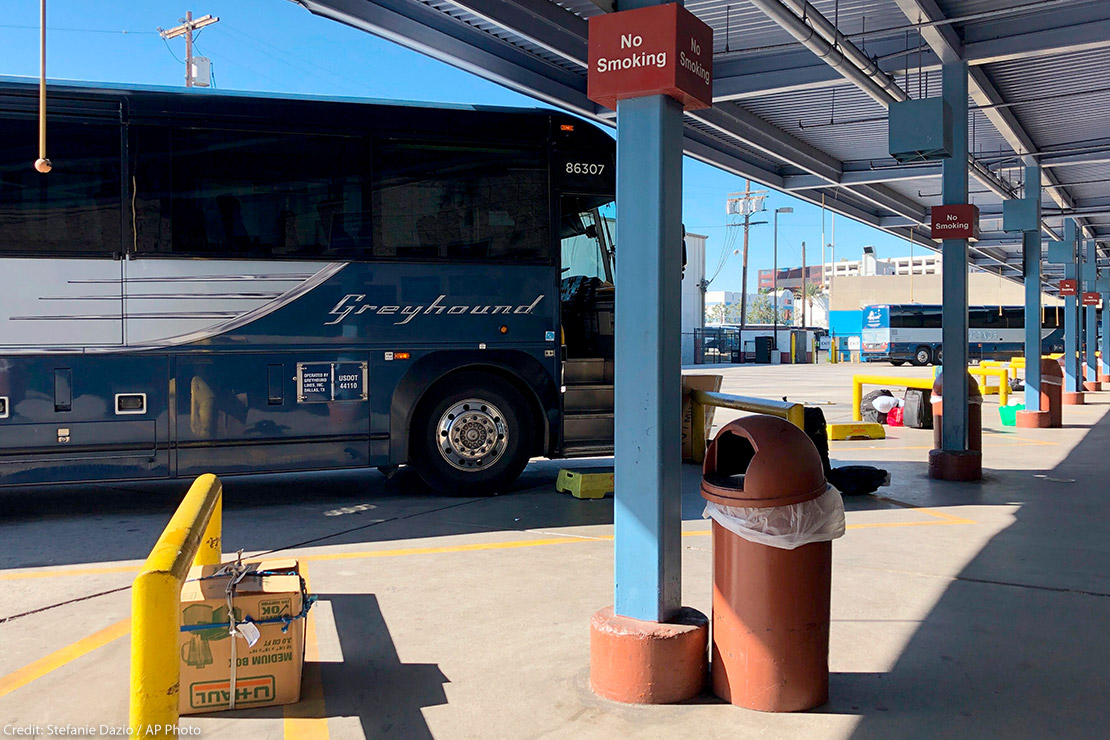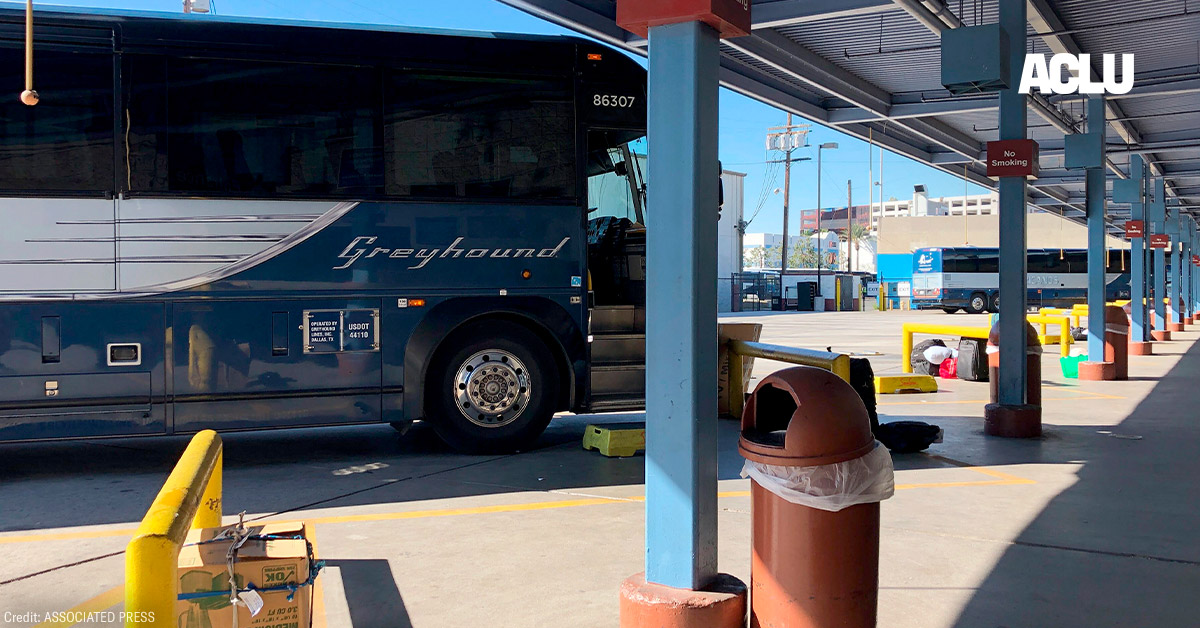To ensure elections proceed and eligible Americans can vote, any federal legislative package addressing the impact of COVID-19 on our elections must include an immediate, substantial infusion of federal funding and federal requirements for no-excuse mail-in absentee voting and early in-person voting. While the coronavirus pandemic should not be a political issue, with presidential primaries and the general election coming up, it could soon directly impact our politics. It is simply not an option for Congress to fail to act on these basic issues to protect American elections while the pandemic is ongoing.
For many, the safest way to vote will be to vote by mail. However, there are approximately 17 states that currently do not allow no-excuse absentee voting by mail. In almost all cases, this absentee voting limitation is codified in state law and in some cases within the states’ constitutions, making it very difficult, if not impossible, to expand the ability to vote by mail in time to help reduce the impact of COVID-19. This is especially true in light of the inability of legislatures to convene at all, given the pandemic.
For example, in Texas it is only possible to vote by mail if you are over 65, disabled, will be out of the United States on Election Day and during the early vote period, or are confined to jail but otherwise still eligible to vote. The language about being disabled is further restrictive — the voter must have “a sickness or physical condition that prevents the voter from appearing at the polling place on election day.” Arguably, this language would permit only individuals actually sick with the coronavirus to vote by mail. All these restrictions are set in Texas law, and given that Texas’ legislature isn’t scheduled to meet in 2020, these laws would be very difficult to modify in time for upcoming elections. During the current pandemic, it is nearly impossible to imagine how the Texas legislature can efficiently and safely convene an emergency legislative session.
For other states, the limitations on absentee voting are set within the state constitutions, making the process for changes even more cumbersome. For example, in Massachusetts, current law only allows voters to cast absentee ballots by mail if they are out of town or unable to get to the polls because of a physical disability or religious restrictions. To change this may require an amendment to the state constitution, which must pass two successive legislatures and be approved by the voters through a ballot initiative — making it an impossible change before the 2020 general election.
Texas and Massachusetts are just two prime examples of why a federal mandate is necessary — to guarantee states can overcome hurdles posed by COVID-19, institute the necessary changes, and do so rapidly. Congress must act swiftly and aggressively so state and local election officials can begin preparing now to address these challenges. And without considerable and immediate funding from Congress — the ACLU has recommended $3 billion — a federal mandate alone will not be enough to achieve no-excuse absentee mail-in voting or an extended early vote period in time for this election. In order to safeguard our health and our democracy, there is no time to wait to save our elections. No one should have to choose between protecting their health and exercising their right to vote.
Sonia Gill, Senior Legislative Counsel, ACLU,
& Sarah Brannon, Managing Attorney, ACLU Voting Rights Project
Date
Monday, March 23, 2020 - 1:30pmFeatured image



